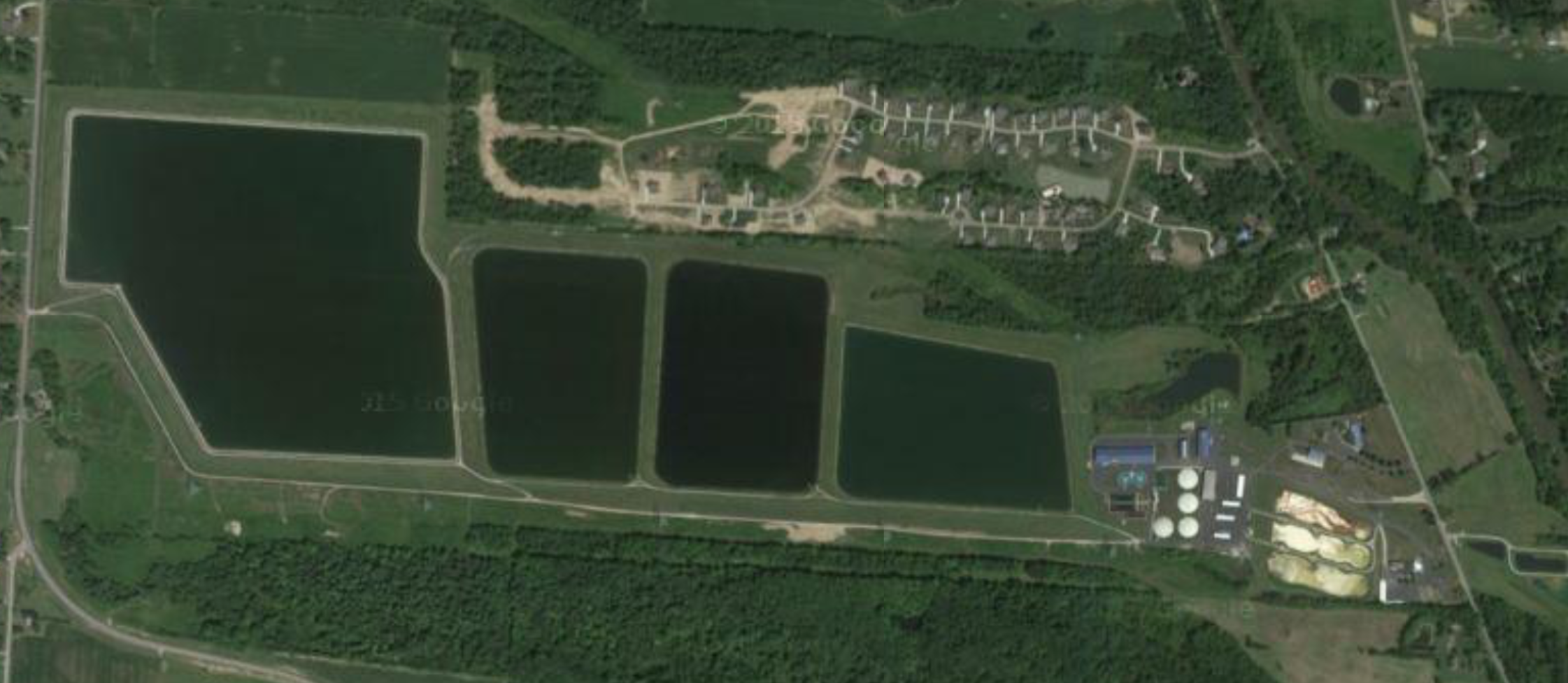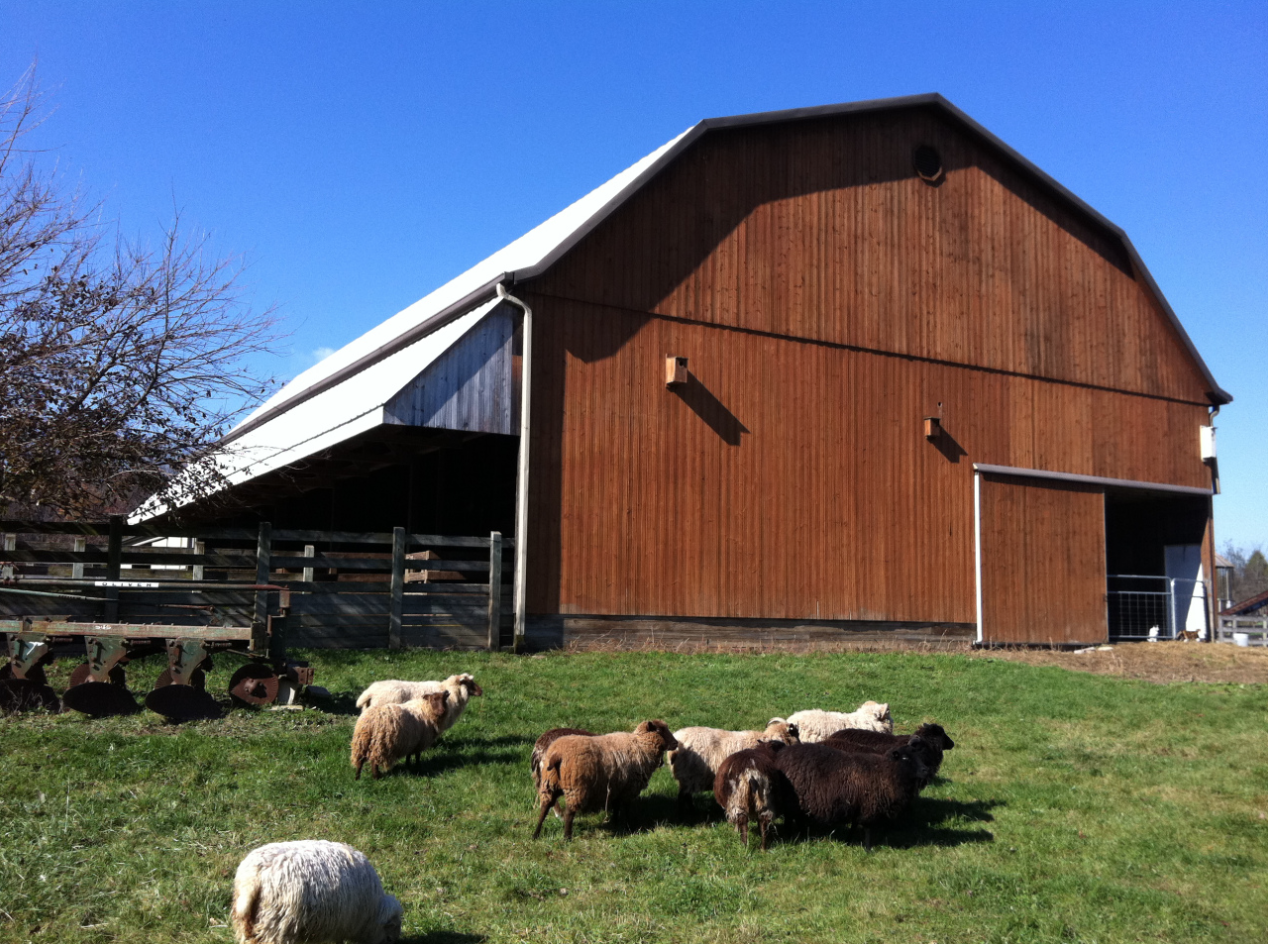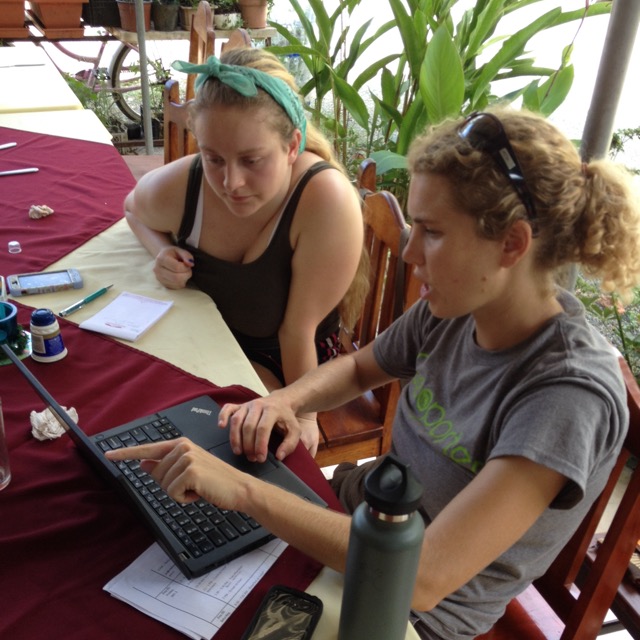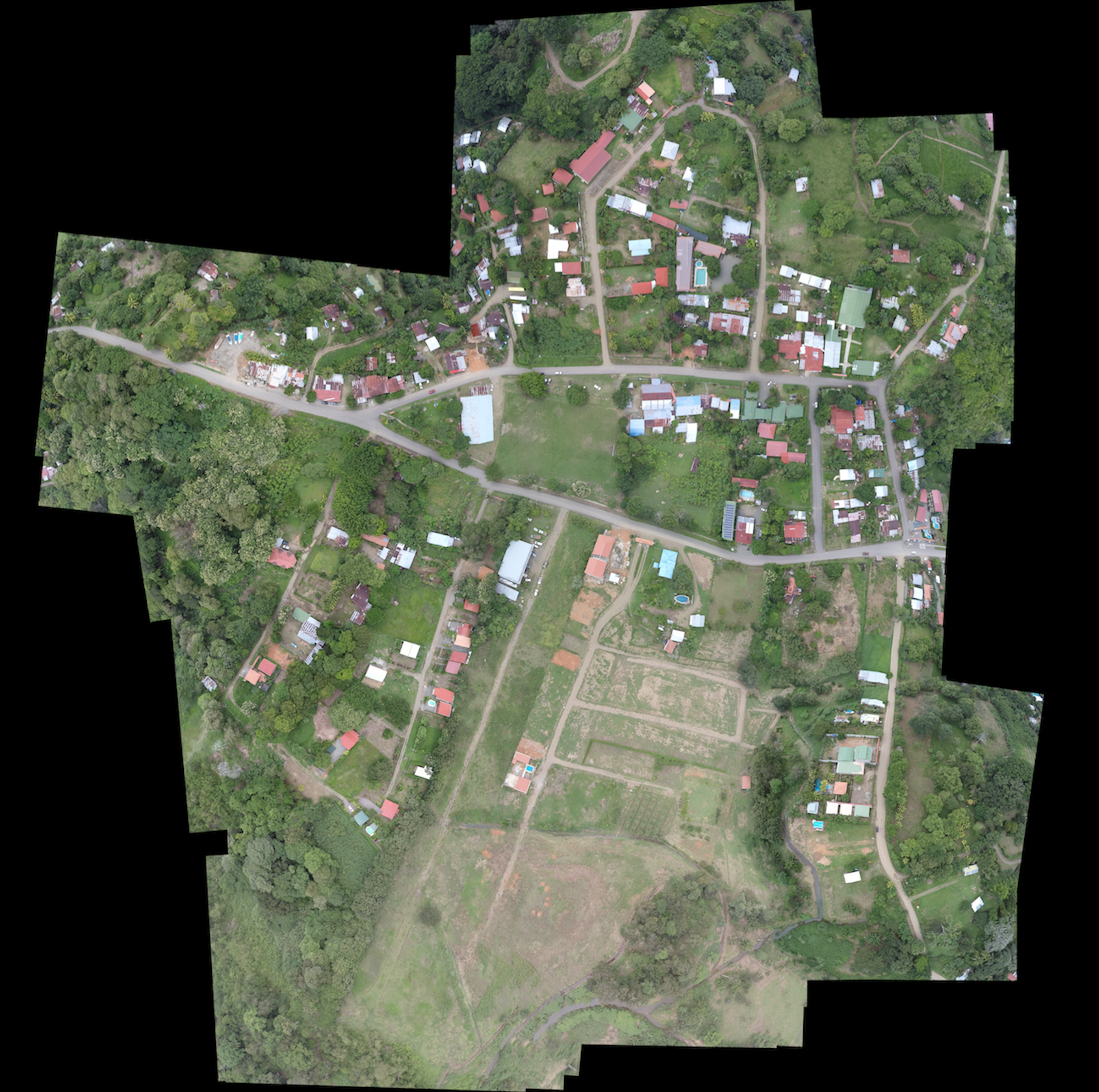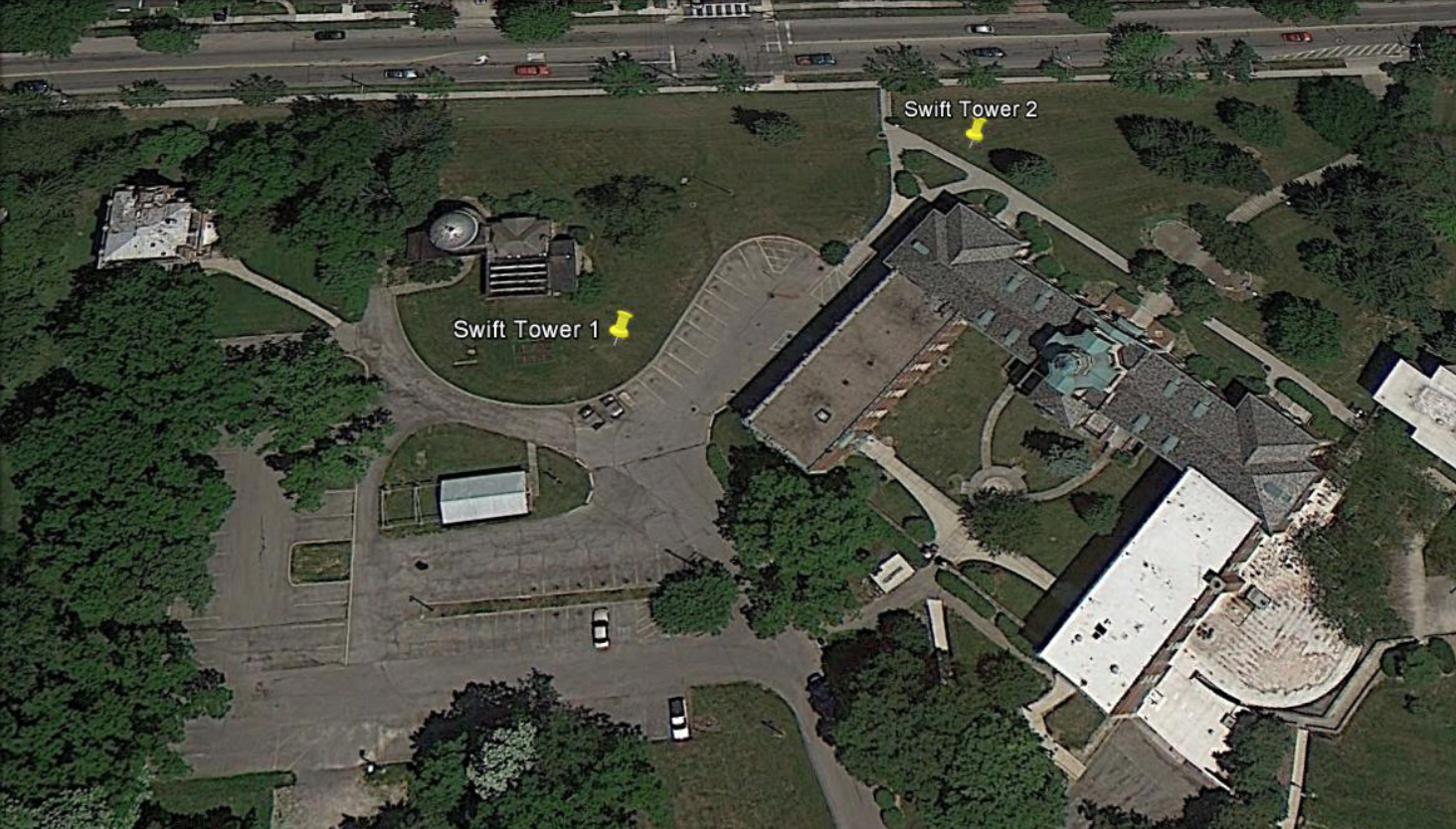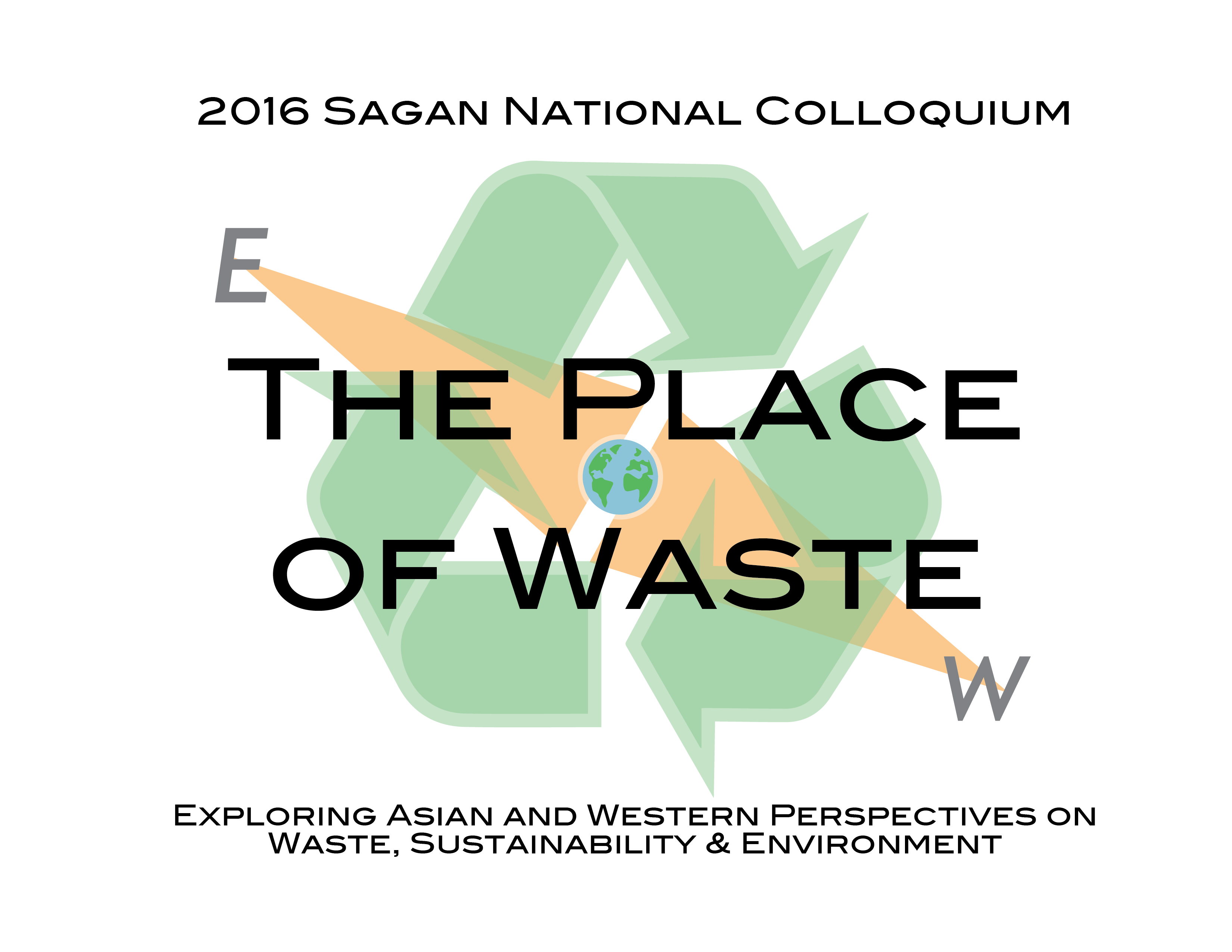
An update on OWU’s Environmental Studies Program as the fall 2016 semester starts.
2015-2016 academic year developments are listed on an earlier post on the OWU Environment & Sustainability Blog.
A few additional developments are worth noting:
Of obvious importance is the proposal for transforming our nearly 40 year old Environmental Studies program into Environmental Sustainability, part of the campus-wide effort to expand enrollment. The proposal was compiled by a group of faculty, Ellen Arnold, Amy Downing, Chris Fink, and John Krygier, drawing from 5 years of efforts by ES faculty, staff and students, including content drawn from:
- 2012 Environmental Studies Program Self Study
- 2013 Environmental Studies External Program Review
- 2014 Proposal – OWU Center for the Environment
- 2014 Proposal – Sustainability Region
- 2015 Program Case for Support
The Environmental Sustainability Major, if approved by faculty (the vote should happen at the Monday September 19, 4:30 pm faculty meeting), will have three tracks: Food, Climate, and Sustainability. All will involve a significant amount of applied work, theory-into-practice, and internships.
Collaborative efforts with Chris Fink (HHK) over the past few years fleshed out the Food Track in the proposed new major. Much of this is embodied in the Food Minor, passed at the last faculty meeting in the spring. We are formalizing connections with Stratford Farm and the Seminary Hill Farm south of campus, where we placed a dozen or so interns last academic year.
The addition of Nathan Amador to the faculty was central in solidifying our Climate Track for the proposed major. Nathan and Craig Jackson have led the effort on the Climate front.
Finally, the Sustainability Track in the major is the result of the work of faculty, staff and students over the past decade. In particular, Sean Kinghorn (sustainability coordinator, 2012-14), B&G’s Peter Schantz, Chartwell’s Gene Castelli, staff in Res Life and other folks who helped guide well over 100 student sustainability projects.
Laurie Anderson’s efforts have been central to all three tracks in the proposed program, and sustainability on campus in general.
Recent past Sagan National Colloquiums have also infused our proposal with ideas: Sustainability (2008-09), Food (2012-13), Climate (2013-14), Water (2014-15) and Waste (2015-16). All brought an array of scholars to campus, driving home the point that all these environmental and sustainability issues are of significant importance.
Nathan Amador and student Todd D’Andrea spent several weeks in southern Costa Rica this summer, collaborating with Amy Work (OWU ’04) on what we hope will be a long-term component of the Environmental Sustainability program, looking at the local impacts of global environmental change. Nathan organized and led a travel learning course (Fall 2015) that had students working with Amy over the semester break (2015-16) and we plan to return with another travel learning course in the fall of 2017. More info on Amy’s efforts are here.
Thanks to all who have contributed to our efforts over the years: your work is now part of the Environmental Sustainability proposal.
The Sustainability Task Force (STF) initiated in 2008 has been instrumental in moving sustainability forward on campus. Contact Nathan Amador for the date and time of the next STF meeting (and let him know if you want to be added to the STF mailing list). It is open to all.
Students in my Spring 2015 and Spring 2016 Sustainability Practicum not only managed a bevy of ongoing sustainability projects on campus, they also developed a 40 page overview (Spring 2015) of past and present sustainability that was reformed (Spring 2016) into a proposed OWU Sustainability Plan in collaboration with the STF. We also consulted with OWU alumni who work in the field of sustainability.
Finally, last academic year, Jim Peoples, Nick Crane (now at the University of Wyoming) and I managed the Luce Foundation funded initiative on Sustainability in Asia and the West, with a focus on waste and discard studies. This effort, a collaboration between OWU’s East Asian Studies and Environmental Studies Programs, moves forward with an implementation grant we are currently writing. Obviously this effort will sync nicely with the proposed Environmental Sustainability Program. It also corresponds nicely with the development of a Global Studies Center on campus, headed up by Jeremy Baskes, and part of the GLCA’s Global Crossroads program.
Again, thanks for all the efforts on what has been a great cross-disciplinary collaboration between faculty, students, staff and alumni over the past five years.

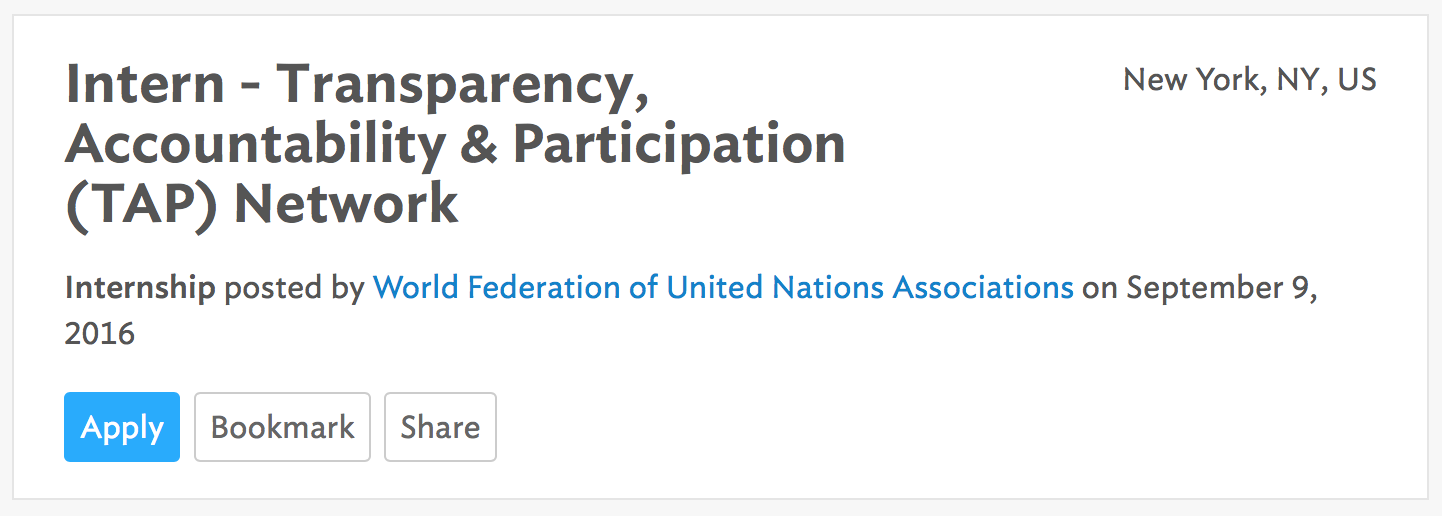

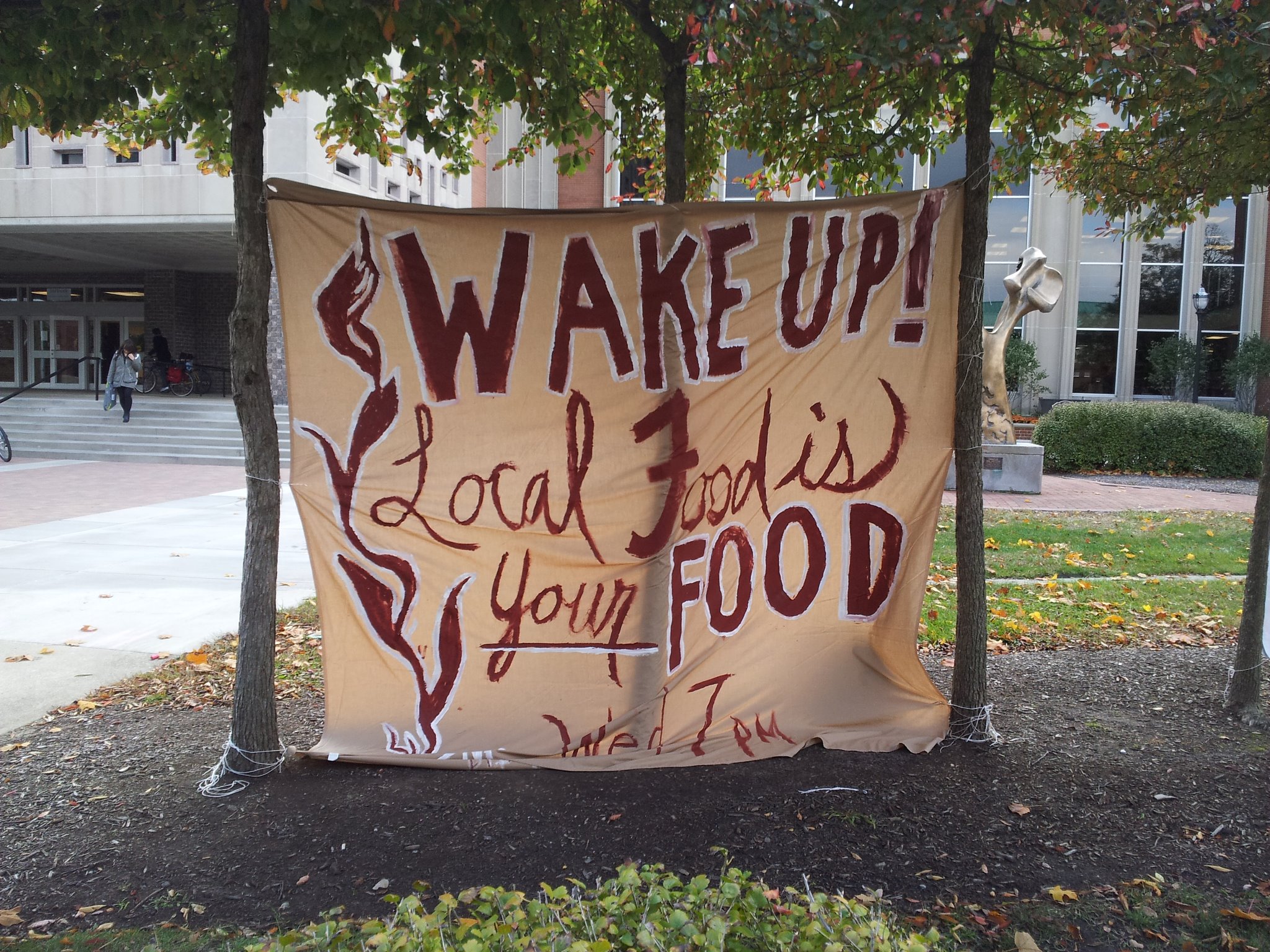

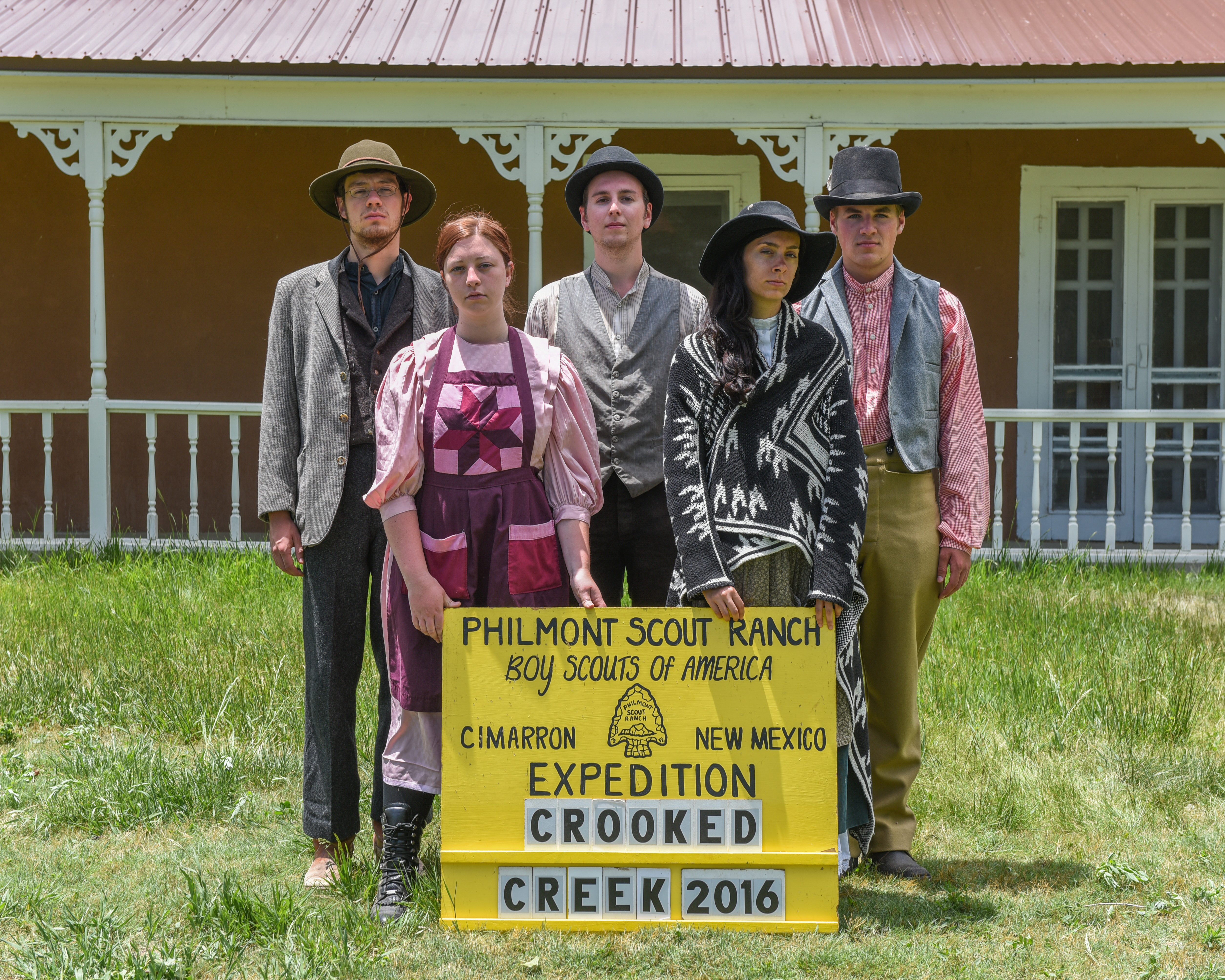


 Some Camp sites are “interpretive,” meaning that they are set in a certain time in the history of the region and the staff are dressed in period clothing, portraying people from that particular time and place. For example, there is Miranda, a beaver trapping mountain man camp set in 1838 that features trap demonstrations and blackpowder rifle shooting, rich cabins, a real homestead settled by Austrian immigrants in the Edwardian era with livestock and farm chores. Cypher’s Mine is a 1912 gold mine that gives mine tours, forge demonstrations, and an evening show. Crater Lake is a logging camp set in 1915 where the campers get to climb wooden spar poles. Other sites are set in the present and focus on an activity like those described above. Scout troops on trek often hike through these backcountry camps and participate in the programs. The conservation department, meanwhile, goes back and forth between base camp and the backcountry, working to prevent pollution or overconsumption, suppress excessive erosion, control wildfires, and maintain trails. The conservation team includes roving work crews, environmental educators, two sustainability watch dogs (who keep track of Philmont’s garbology), invasive species specialists, and a GIS team. The ranch department also straddles both areas of Philmont because they care for the animals in base camp but lead the herds of beef cattle through various meadows in the backcountry.
Some Camp sites are “interpretive,” meaning that they are set in a certain time in the history of the region and the staff are dressed in period clothing, portraying people from that particular time and place. For example, there is Miranda, a beaver trapping mountain man camp set in 1838 that features trap demonstrations and blackpowder rifle shooting, rich cabins, a real homestead settled by Austrian immigrants in the Edwardian era with livestock and farm chores. Cypher’s Mine is a 1912 gold mine that gives mine tours, forge demonstrations, and an evening show. Crater Lake is a logging camp set in 1915 where the campers get to climb wooden spar poles. Other sites are set in the present and focus on an activity like those described above. Scout troops on trek often hike through these backcountry camps and participate in the programs. The conservation department, meanwhile, goes back and forth between base camp and the backcountry, working to prevent pollution or overconsumption, suppress excessive erosion, control wildfires, and maintain trails. The conservation team includes roving work crews, environmental educators, two sustainability watch dogs (who keep track of Philmont’s garbology), invasive species specialists, and a GIS team. The ranch department also straddles both areas of Philmont because they care for the animals in base camp but lead the herds of beef cattle through various meadows in the backcountry. This summer, I work as a program counselor at Crooked Creek, an interpretive camp set in 1875. We are a family of three brothers, two sisters, and a family friend from Johnson County, Tennessee. We came to the New Mexico Territory in 1869 after our father, a union sympathizer during the Civil War, was killed by confederate soldiers and our mother died of tuberculosis. My coworkers and I give tours of and maintain our period correct cabin, chop and buck wood would for our stove (we do not have propane), and take care of our cow and calf, two burros, two goats, rooster, two hens and seven adolescent Rhode Island Red chickens, all in period garb! We have a poop flinging contest in the evening, where we clean out the pens, followed by a porch show where we sing mid-19th century folk songs. Because there are no roads near by, we haul our supplies in on the backs of our burros! Poop and burrows! What a summer.
This summer, I work as a program counselor at Crooked Creek, an interpretive camp set in 1875. We are a family of three brothers, two sisters, and a family friend from Johnson County, Tennessee. We came to the New Mexico Territory in 1869 after our father, a union sympathizer during the Civil War, was killed by confederate soldiers and our mother died of tuberculosis. My coworkers and I give tours of and maintain our period correct cabin, chop and buck wood would for our stove (we do not have propane), and take care of our cow and calf, two burros, two goats, rooster, two hens and seven adolescent Rhode Island Red chickens, all in period garb! We have a poop flinging contest in the evening, where we clean out the pens, followed by a porch show where we sing mid-19th century folk songs. Because there are no roads near by, we haul our supplies in on the backs of our burros! Poop and burrows! What a summer.
